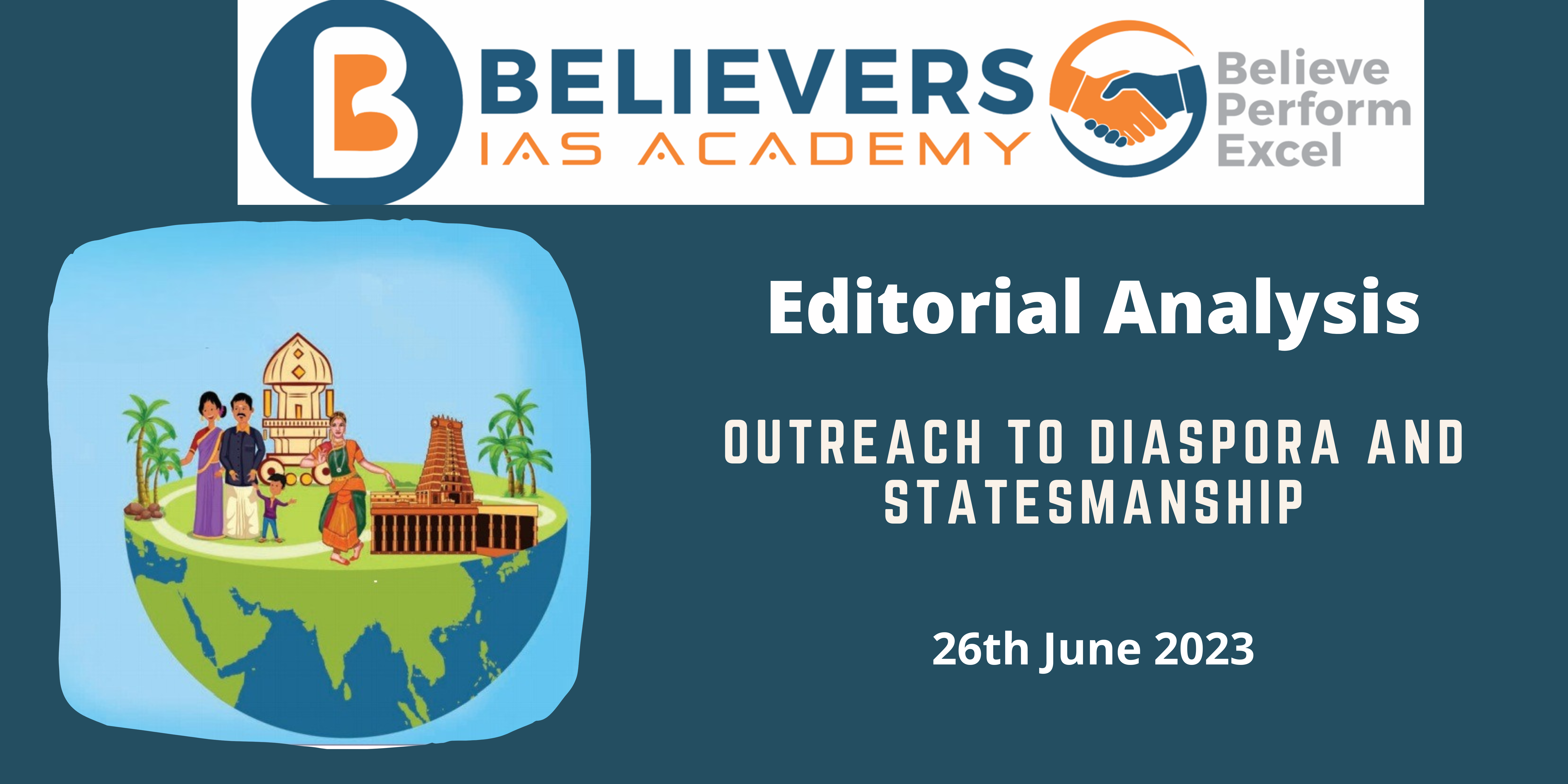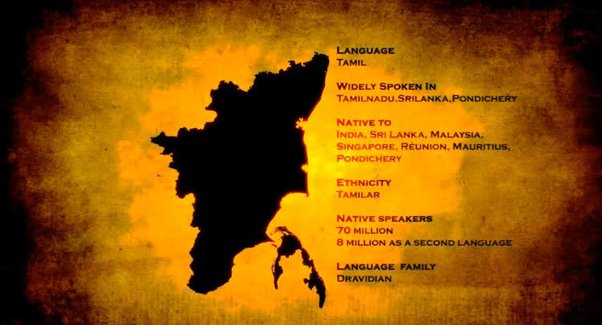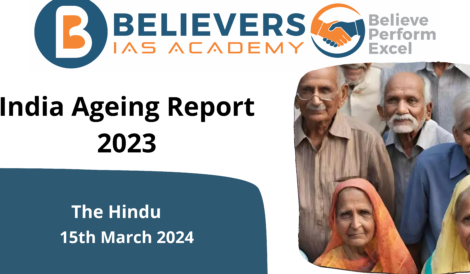Outreach to diaspora and statesmanship
Context:
In May 2023, Tamil Nadu Chief Minister M.K. Stalin addressed the Tamil diaspora in Tokyo during his overseas tour, emphasizing the government’s commitment to safeguarding the Tamil community spread across the world. This article analyzes the significance of protecting the Tamil language and community, explores the diverse identities within the diaspora, and discusses the complexities faced by the diaspora in different host countries.
Relevance:
GS-02 (Indian Diaspora)
Prelims:
- Non-Resident Indians (NRI’s)
- Persons of Indian Origin (PIOs)
- Overseas Citizens of India (OCIs)
Mains Questions:
- Examine the role of state and central governments in addressing the concerns and aspirations of the Indian Tamil refugees, particularly those from Sri Lanka, and propose measures for a collaborative solution. (250 words)
Exploring the Phenomenon of Diaspora: Key Insights
- Unveiling the Multifaceted Nature of Diaspora Delving into the historical context, the term “diaspora” emerges from the ancient Greek word “diaspeiro,” resonating with the concept of dispersion. Notably, the inception of this diaspora can be attributed to the movement of Indians, transported to distant shores in the Eastern Pacific and the captivating Caribbean islands, courtesy of the indentured labour system, famously known as “Girmitiya.”
- According to the World Migration Report of 2022, India coveted title of the world’s foremost origin country for housing the largest emigrant population in 2020. Surpassing nations like Mexico, Russia, and China.
- The World Bank’s Migration and Development Brief of 2022: India is poised to witness an unprecedented milestone: remittances exceeding a staggering USD 100 billion in a singular year.
Dimensions of the article:
- Diaspora Facts:
- Diversity and Challenges:
- Impact of Host Country Policies:
- Federal Camaraderie and Collaborative Solutions:
Diaspora Facts:
- The Tamil diaspora constitutes a significant portion of the Indian diaspora, with a strong presence in countries such as Malaysia, Singapore, Sri Lanka, Myanmar, Mauritius, South Africa, and many others.
- This vibrant community identifies with three primary identities: Tamil, Indian, and the identity of the host countries. Moreover, an interesting aspect is the emergence of a “diaspora of the diaspora,” where Tamils from countries like Fiji, Malaysia, and Singapore migrate further to countries like Australia, Canada, and the United States. This phenomenon reflects the need for establishing roots and adapting to new environments.
Diversity and Challenges:
- It is important to recognize that the hopes, aspirations, and challenges faced by the Tamil diaspora are multifaceted and vary based on factors such as migration patterns, educational and professional achievements, economic influence, and the dynamics of majority-minority relations in the host countries.
- Despite these challenges, the Tamil diaspora has made remarkable contributions in diverse fields, including politics, economics, literature, fine arts, sports, and science. Notable individuals like Dr. Chandrasekhar, Indira Nooyi, Sundar Pichai, and Kamala Harris have brought pride to the Tamil community.
Impact of Host Country Policies:
- The speech by Chief Minister M.K. Stalin invokes the visionary statements of Jawaharlal Nehru, who aspired for strong protection and unity of the Indian diaspora worldwide. However, the realities faced by the diaspora often diverge from these aspirations. Examples include the treatment of Indian Tamils in Ceylon and the denial of citizenship to Indian Tamils in Burma.
- The bilateral relations between India and host countries play a crucial role in shaping the fate of the diaspora. The article highlights the impact of policies on the Indian Tamil community in Sri Lanka, citing instances where political relations took precedence over safeguarding their interests.
Federal Camaraderie and Collaborative Solutions:
- While the central government holds exclusive jurisdiction over policies related to the Indian diaspora, state governments can influence these policies through public opinion. In the present context, fostering camaraderie and friendship between the Narendra Modi government and the DMK government in Tamil Nadu is essential.
- The Citizenship (Amendment) Act (CAA) is analyzed, emphasizing the need for inclusive terminology, such as “persecuted minorities.” The exclusion of Sri Lanka from the CAA raises questions regarding the status of Sri Lankan Tamil refugees in India. The article proposes the urgency for collaboration between the state and central governments to find an amicable solution, highlighting the importance of statesmanship over political opportunism.
Way Forward:
- To address the concerns of the Tamil diaspora and the Indian Tamil refugees, a collaborative approach is crucial. This necessitates a comprehensive dialogue between the state and central governments, with an emphasis on the welfare and aspirations of the diaspora.
- The article recommends the formulation of inclusive policies, granting Indian citizenship to eligible refugees and ensuring their rights are protected.
Conclusion:
- Protecting and promoting the Tamil language is essential to preserve the rich heritage and ensure the well-being of the diaspora. The article emphasizes the need for collaboration between the state and central governments, urging them to prioritize the interests and rights of the Tamil community. By addressing these concerns, India can build stronger ties with its diaspora, contributing to a shared vision of progress and unity.





